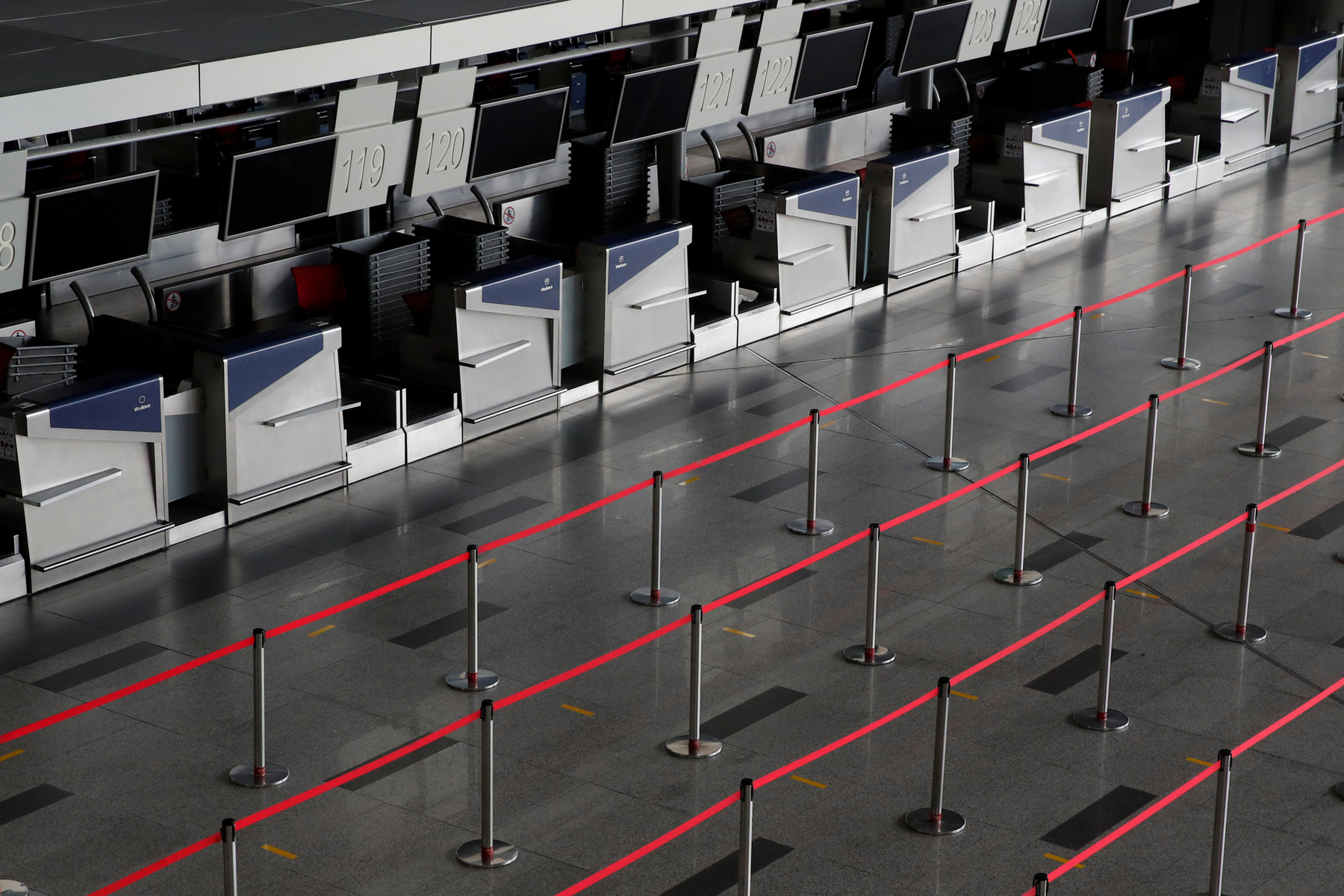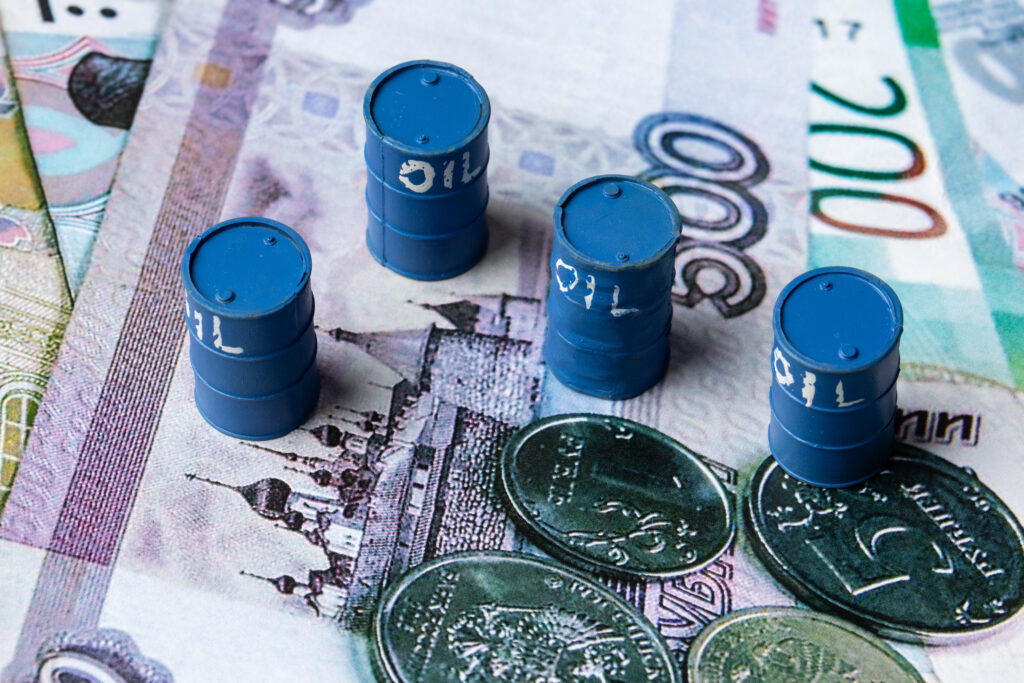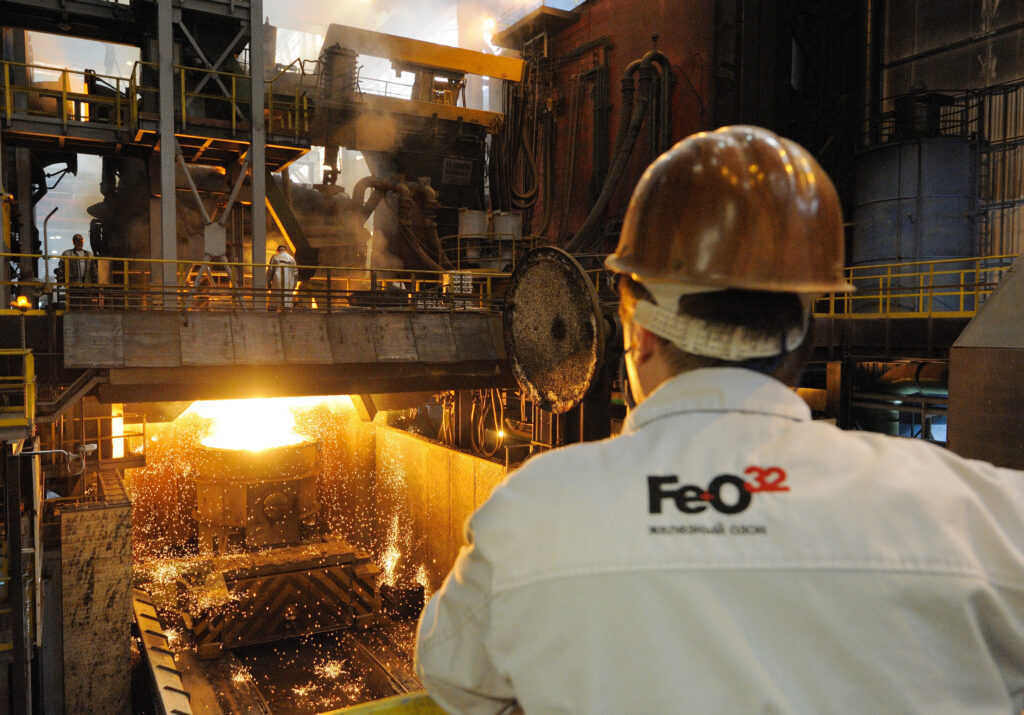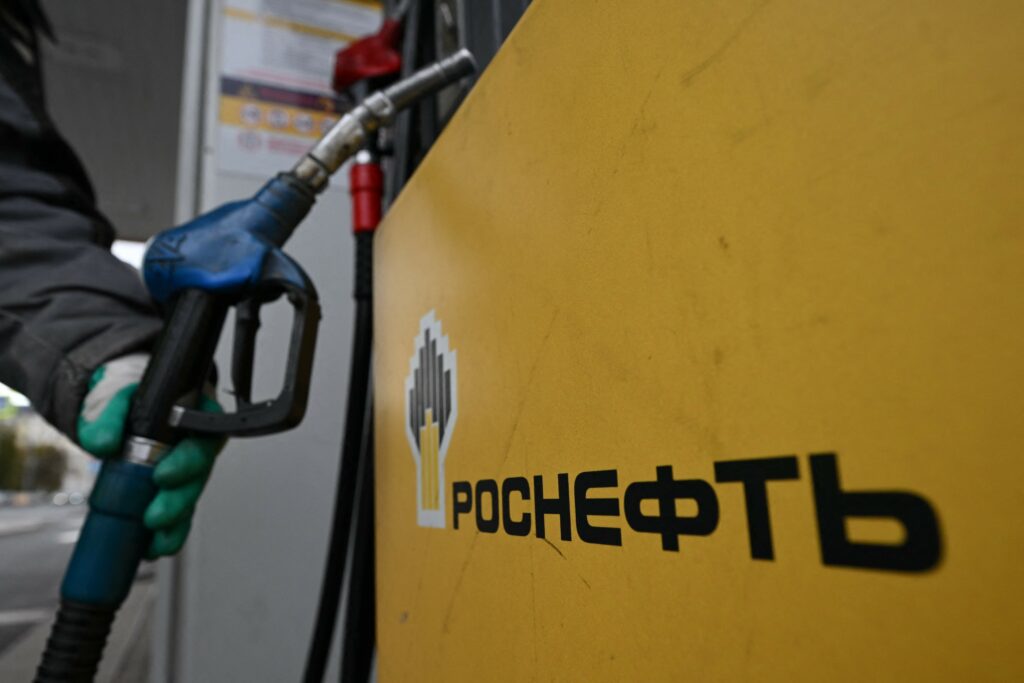It is hard to imagine that three months ago, there were as few as 100 confirmed coronavirus cases in Russia. Life in the country has changed dramatically since then; tens of millions of people have been in self-isolation and many economic sectors have come to a halt. The government has made lists of systemically important companies and identified the most affected sectors. Among these was transport. Hit harder than other sectors, transport in Russia will not be back to business as usual anytime soon.
On the eve of the crisis, Russia’s transport sector was in alright shape. Despite all the macroeconomic problems — like shrinking personal real incomes or growing competition — transport companies’ performance was promising. Between 2015 and 2019, rail transport grew by 5.3%. Road freight turnover increased by 6.9%. Air freight turnover grew by 15% (the pipeline system is not considered here since its indicators are included in the oil and gas sector). Passenger transport was even more promising: 126.6mn Russian passengers travelled by air in 2019 compared to 94mn in 2015. Nearly 1.2bn passengers travelled by rail compared to 1.025bn five years ago. At the same time, in 2019 domestic air travel surpassed international traffic for the third consecutive year, accounting for 57% of total passenger flow.
The coronavirus crisis changed everything. Russia’s external borders closed. The movement of people within the country decreased dramatically. No one wants to travel to another city and end up in forced isolation for a couple of weeks. International flights are to resume on July 15, which so far looks like a bad joke.
The fallout is grim. Russian Railways (RR) showed a 21.2% drop in passenger traffic in January-April 2020 compared with the same period last year, a drop of 74.9% in April and 67.6% in May, according to preliminary data. That said, rail was not closed during the epidemic, unlike in the UK, for example. Cargo decreased by 7.2%, primarily due to the unprofitability of coal exports and limited trade with both China and the EU. Domestic freight declined due to reduced supplies of construction materials, metalware, cars and many other goods. In April, Russian Railways management forecasted a 22%-dive in revenue at year-end and revised its 2020 investment programme due to a RUB 525bn loss (about 0.5% of Russian GDP).
The airlines’ situation is even worse. In 2019, less than 15% of RR’s total revenue was generated by passenger traffic, while more than 75% of civil aviation revenue came from passenger flights. So the crisis has turned out to be more acute here; in January-April air passenger flow dropped by 28.9%. If we compare April and May with the same months last year, volumes plummeted by 93.2% and 91.3% respectively. Obviously, this is not a typically Russian phenomenon. In the USA, air traffic tanked by 96.1% in April 2020 compared to the same month last year. However, there are significant differences when dealing with the problem. To begin with, the US government offered a $25bn bailout to 10 of the largest airlines by mid-April, letting them maintain employment and airliners. Russian airlines have not yet received government support (only RUB 23bn was promised, but this is still a work in progress). Second, the global air transport crisis has an extra dimension in Russia: trans-Siberian transit is currently almost non-existent. In 2018-2019, Aeroflot generated about $600mn annually from transit fees, 9.5 times its net profit for that two-year period.
Road transport has been least affected. It has held its position in the cargo segment thanks to end users (cargo turnover fell by only 0.6% in January-April). However, passenger flow dropped by 21.4%. At the same time, this mode of transport is sensitive to market conditions. So, revenues plummeted in both domestic and international road transport. Set against intensified price competition, most companies in this sector are now posting losses; their indebtedness has increased so much that up to 30% might go bankrupt by the end of the year, as predicted by some experts. A similar situation awaits dockworkers, stevedores and customs operators.
It turns out the Russian authorities’ strategy is to wait out the coronavirus crisis in the hope that citizens will not go bust (or at least will not rebel out of destitution), oil prices pick up as the world economy reopens and global markets bloom with optimism. However, this may not work out. So far, the virus has not been contained: globally, the number of daily new cases is still on the rise. There were an average of 24,500 cases a day in March, 75,000 in April, 92,000 in May and approximately 120,200 in mid-June. Realistically, traffic will not reach previous volumes before people in Russia and abroad decide the pandemic is over.
We should also bear in mind that transport has been a low-margin business worldwide of late. Carriers cannot afford any downtime and would have gone bankrupt long ago without the aid of their governments. Even after domestic destinations are resumed, expenses will grow much faster than revenues (primarily due to the limit on the number of passengers, and inflexible demand). There were 18 airlines in Russia that carried more than 1mn passengers last year. Not every carrier will survive the crisis. Besides the economic losses, reputational costs are also at stake. After all, aviation used to be one of the few Russian exporters of services acknowledged by the outside world. The symbolic absence of Russian civil aviation will be noticed.
The recovery of rail transport will also be slow. Still, its prospects are more optimistic, as Russian Railways can cross-subsidise passenger traffic at the expense of freight. Besides, it has more lobbying power than the airlines. RR has already started selling train tickets three months in advance, hoping that demand revives during the summer holiday season (June-September has typically accounted for about half of passenger traffic). Even so, the situation is unpredictable. Russians thus far have preferred to spend their holidays close to where they live rather than travel round the country. In this way, Russian passenger transport is facing a slump in 2020, especially since no one can predict the precise correlation between the decrease in personal real incomes and individual travel spending.
The economic effect of this slump could be far-reaching. In 2017, more than 3mn people were employed in the transport sector in Russia. The total value added by RR, airlines, airports and road carriers exceeded RUB 5.8tn. Even if this amount is not major when set against the overall economic downturn, the problem of unemployment will be acute; most employees will find it hard to re-train. Add in how transport is closely linked to other sectors, and the slump will generate a multiplier effect. The famous Russian super jets and recently rolled-out Irkut MC-21 single-aisle twinjet airliners will be of no use, just like the double-deckers and innovative container platforms most recently introduced by RR.
Today, when the economy is only taking baby steps towards re-opening and the real coronavirus situation in Russia is being concealed by the authorities in view of the upcoming political circus, it is hardly possible to make reasonable predictions about transport sector’s prospects in late 2020-early 2021. However, it doesn’t take an expert to conclude that out of all the key Russian economic sectors, transport is already a major victim of the pandemic.










